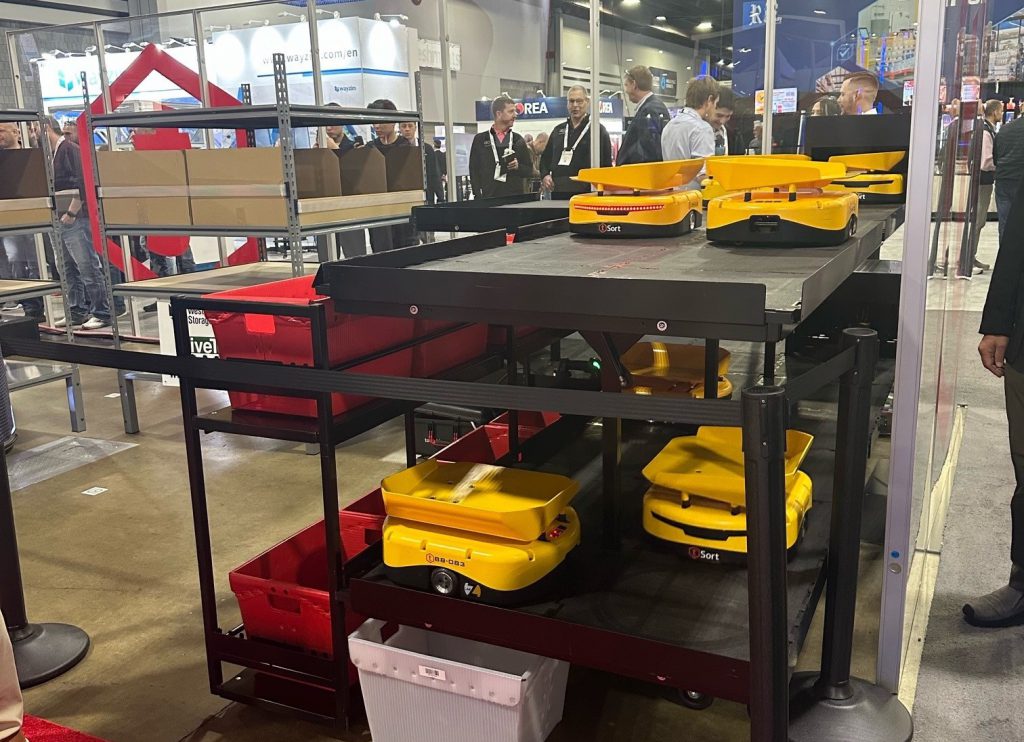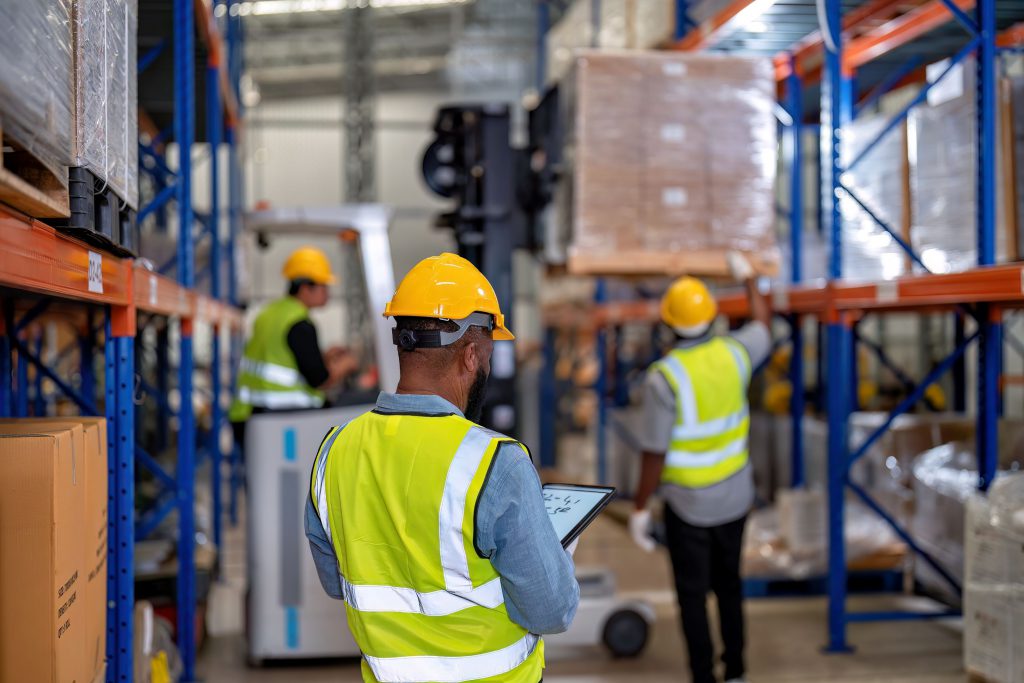Published March 19, 2015
By Michael Zakkour
Principal, Tompkins International & Contributor to Forbes
We knew it was coming. We did not know where, when, how, or why. It is official Alibaba, the largest most profitable e-commerce company in the world, and Amazon, the second largest, are now are directly in contact as of March 6, 2015.
Amazon joined Alibaba’s T-Mall platform. More than 60,000 foreign and domestic brands and retailers have stores on T-Mall. Some of the American brands include, Nike, Apple, and Tory Burch and retailers such as Costco.
This marks Amazon’s entry into selling consumer products like apparel, food, and electronics in China through the use of an Alibaba platform. Alibaba is so dominant that approximately 75% of all e-commerce transactions in China utilize an Alibaba business unit.
It appears that Amazon has realized that you must partner with Alibaba in order to successfully compete in the e-commerce world in China. This move allows Amazon to open a major channel in China and a back door to building awareness of and engagement with the Amazon brand. It also allows Amazon to better understand the characteristics of e-commerce in China. At the same time, Alibaba stands to profit from a potentially huge new stream of revenue while not incurring any new capital investment.
We will have to wait to see how this changes the future of Amazon’s business in China and what this means for the future of Alibaba’s business in America. This may be looked back on as a seminal moment in global e-commerce.
More Resources:
- Forbes article: Alibaba and Amazon-China Frenemies? Amazon Opens Store on T-Mall-Like Target Opening Inside Wal Mart
- Video: The Alibaba Effect



